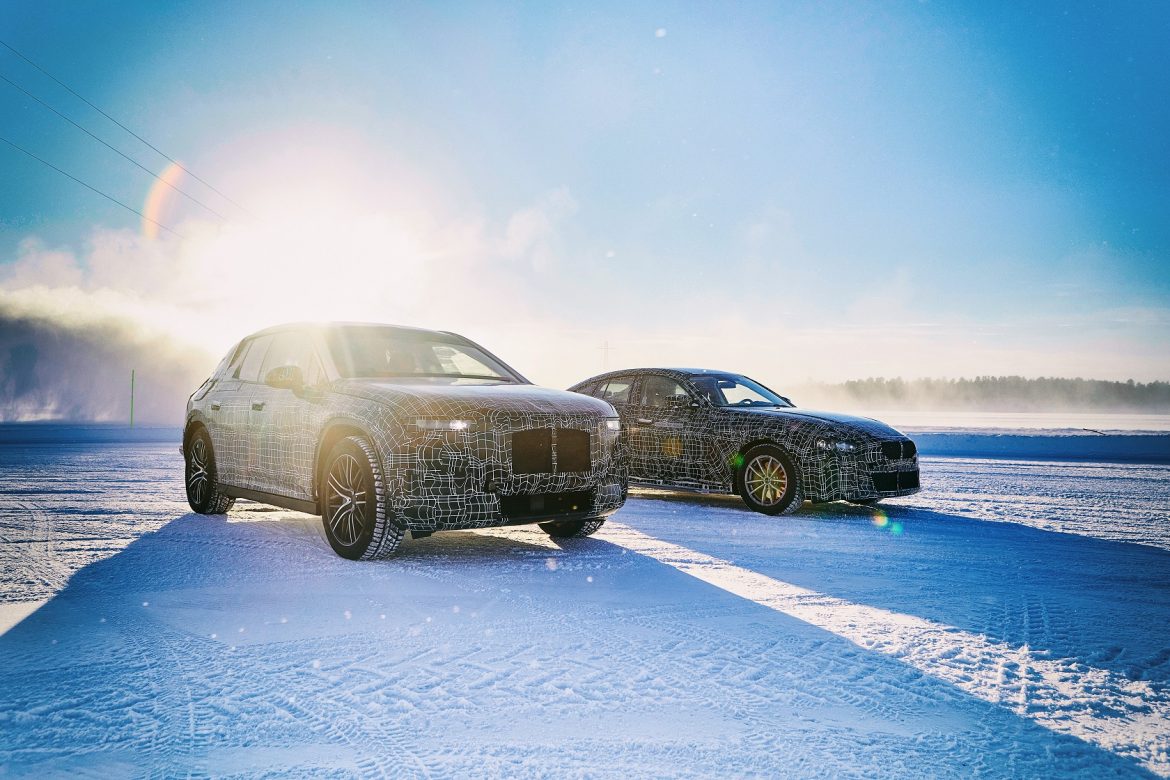BMW was one of the first legacy automakers to look forward into the future and begin to electrify their lineup early. The 2013 BMW i3 was a first of its kind and shortly after they introduced the BMW i8, a plug-in hybrid sports car. Today, they offer a plug-in variant for nearly their entire lineup. One would think that after the success of the fully electric i3 and plans for the upcoming 2020 BMW iX3, a fully electric SUV, they would be focusing on an all-electric future, but that is just not the case. BMW has reiterated their stance towards moving slowly into electrification and beginning with improving plug-in hybrids.
Earlier this week at BMW’s Annual General Meeting, BMW CEO, Harald Krüger, gave this statement:
“The effective role plug-in hybrids can play in achieving emission-free mobility in cities is demonstrated by the example from the Netherlands: In conjunction with the City of Rotterdam, the BMW Group has implemented a pilot project to increase the use of electric power by plug-in hybrids in the city. Preliminary results indicate that participating customers drove over 90% in electric mode in a specially defined “e-zone” within Rotterdam.
This underlines the fact that plug-in hybrids are both an important building block in ramping up e-mobility and a long-term requirement for customers who depend on flexibility. For this reason, the BMW Group has a strong interest in influencing user behaviour to increase the percentage of miles driven with electric power.”
While plug-ins are a great step forward and definitely better than nothing, this shows BMW is not currently committed to an all electric future as are other manufacturers. BMW plans on focusing in PHEV (plug-in hybrid electric vehicle) potential and more efficient ICEs (internal combustion engines) rather than converting their whole lineup into BEVs (battery electric vehicles).
“Technology openness also means continuing to improve our already efficient combustion engines. We are systematically driving e-mobility with both fully-electric vehicles and plug-in hybrids, and investing in new technologies such as fuel cells. We believe it would be a mistake to rely on just one technology, as that could jeopardise prosperity in Germany.”
There is no shade or shame for BMW. We knew this transition would not happen overnight and taking it slow will allow the mass consumers to adapt. This does not mean BMW is not planning any fully electric cars. They have already been seen winter-testing three new electric models, the iX3, i4, and iNEXT. The iX3 is an electric SUV set for next year and the i4 a sedan for shortly after. The iNEXT is BMW’s look into the future as a Tesla Model 3 competitor set for 2021. BMW sub-brand, Mini, is also working on a fully electric car for next year.
